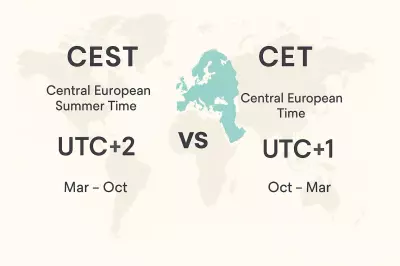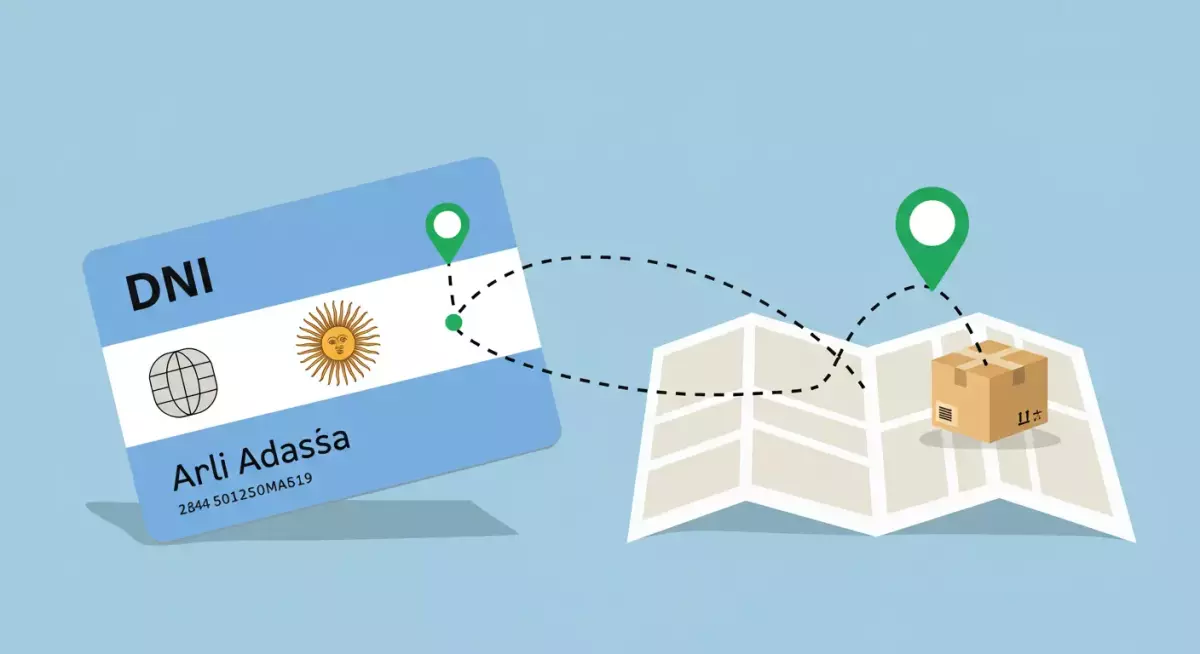You have moved to a new house, are organizing everything, but there is one crucial detail that many forget: updating your address on the DNI. Keeping your residence updated on the National Identity Document is not just a formality, it is a legal obligation in Argentina that can prevent a series of future problems, from traffic fines that never arrive to complications when voting.
The good news is that the process is simpler than it seems. In this guide, we will show you the exact step-by-step to carry out the change of address on the DNI, what documents you need, and answer the main questions so you can resolve this pending issue quickly and definitively.
Why is it Mandatory and Urgent to Update Your Address?
Many people underestimate the importance of this procedure, but your address on the DNI is linked to almost all your rights and obligations as a citizen. Failing to keep it updated can cause:
- Voting Issues: Your voting location (school, club, etc.) is defined by the address on your DNI. If it is outdated, you will have to vote at the old location.
- Legal Notifications: Court summons, fine notifications, and other official communications are sent to the registered address. Not receiving them does not nullify your responsibility.
- Banking and Commercial Procedures: Many institutions use the DNI address as proof of primary residence for opening accounts or credit approval.
Step by Step to Start the Change of Address Procedure
The process is the same as the common renewal but focused on updating your residence data. Follow these steps:
- Schedule an Appointment at Renaper: The first step is always online. Access the "My Argentina" app or the government website to schedule an appointment at a Rapid Documentation Center.
- Select the Correct Procedure: During the scheduling, you will see options like "Renewal", "New Copy", etc. The important thing is that, at the time of the in-person appointment, you inform that the main reason is "Address Update".
- Attend the Appointment: On the scheduled day and time, go to the chosen center with the necessary documents.
- Declare Your New Address: At the appointment, you will simply verbally declare your new residence. It is not always required to present proof, but it is essential to bring one just in case.
- Receive the New DNI at Home: After the procedure, a new DNI card with the updated address will be sent to your new residence within up to 25 business days.
CalenUP Tip for Your Move
Moves are full of dates and deadlines! Use our days counter to mark when you moved and calculate the 30-day deadline that many real estate agencies give to report issues. Planning is everything!
Necessary Documents: What to Bring to Prove Your New Address?
Although declaring your new residence is usually sufficient, the rule requires that you be able to prove it if asked. Be prepared!
- Previous Physical DNI: Essential to cancel and issue the new one.
- Proof of Address (Recommended): Bring a utility bill (electricity, gas, internet) or a rental contract in your name or in the name of one of your parents. This avoids any setbacks.
- Cost of the Procedure: The address update generally has the same cost as a common renewal ($3,000 pesos, reference value).






